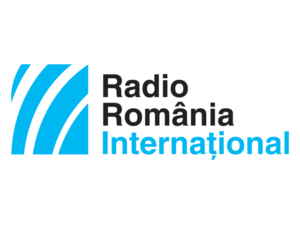Romania has decided to continue to allow the transit of Ukrainian grain but introduced additional control measures to protect its farmers such as the establishment of customs controls for all agrifood products coming from Ukraine, as well as the sealing and strict monitoring of grain trucks while they are transiting the Romanian territory. The measures have been announced after the talks on Wednesday attended by the Agriculture Ministers of the two countries. How was this situation possible? In order to support Ukraine after the war Russia commenced against this country last February, the EU has suspended customs duties and the other means of trade protection applied to imports of grain and other food products coming from that country.
However, the decision has caused turmoil on East-European markets and five countries – Bulgaria, Hungary, Poland, Romania and Slovakia – have notified the European Commission against the backdrop of the protests mounted by their disgruntled farmers.
In a common letter, the five countries have proposed a series of measures aimed at significantly reducing the market imbalances caused by the massive imports of Ukrainian cereals. They have also applied for European support for the development of the transport infrastructures in their countries but also for additional vehicles needed by their market operators.
Through a well-developed transport network the products coming from Ukraine could reach faster their destination in other world regions while Brussels, in cooperation with the world food programme, must work out a solution so that the Ukrainian grain may not remain in the EU, the Prime Ministers of the five countries said in their letter to the head of the European Commission, Ursula von der Leyen. Later, Poland and Hungary were the first to take unilateral measures, banning the imports of cereals and other food products from Ukraine to protect the local farming sector. Slovakia and Bulgaria followed suit against the background of the plummeting prices in the region.
Furthermore, the harvest season, which is due in two months is going to take farmers aback and they are expected to face a series of issued related to storing capabilities, presently occupied by the Ukrainian grain. The European Commission has called on all the four countries to give up all the restrictive measures they have individually imposed and which Brussels has deemed as illegal and running against the accession treaty as well as the association agreement between Ukraine and the EU. In the meantime, president von der Leyen on Wednesday sent a letter to the Prime Ministers of Romania, Poland, Slovakia, Bulgaria and Hungary pledging 100 million Euros in support for the farmers in those countries affected by the fiscal and transit facilities granted to Ukraine. This new financial aid joins another of its kind, worth 56.3 million Euros, already in force.
(Corina Cristea, Radio Romania International)











